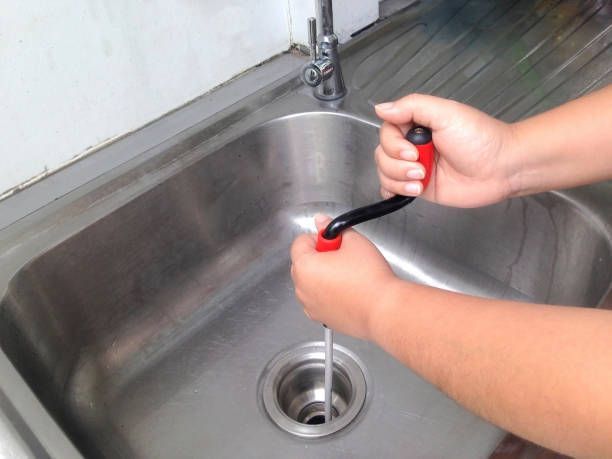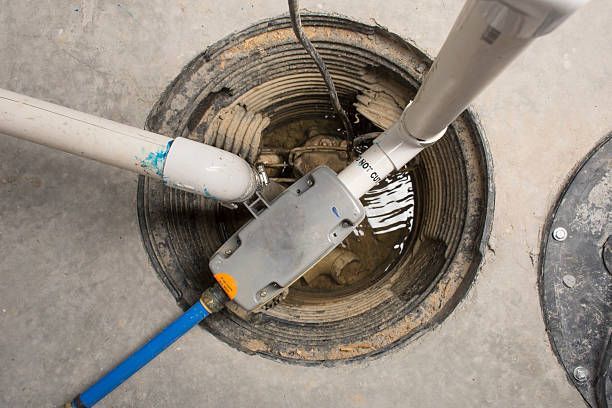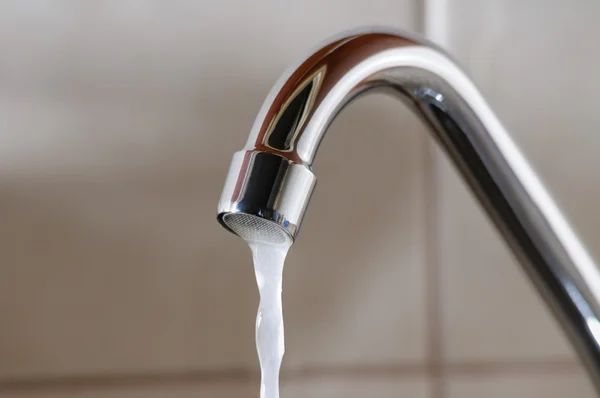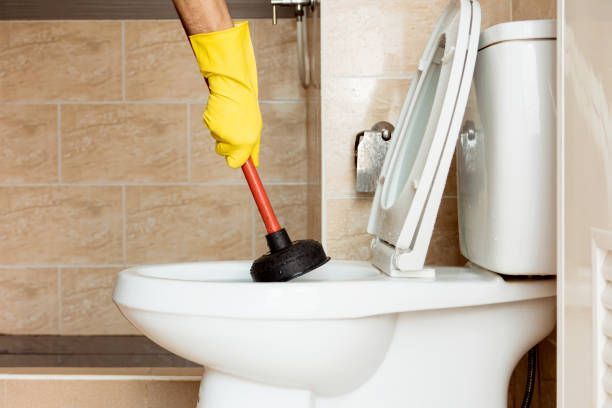How to fix a clogged drain!
If your sink or shower have been clogged, this guide will help you take the necessary steps to fix them!

Dealing with a Clogged Drain: Simple Solutions for a Common Household Woe
- Introduction:
A clogged drain is one of those household nuisances that can throw a wrench into your daily routine. Whether it's a slow-draining sink in the kitchen or a backed-up shower, dealing with a clog can be frustrating. However, before you reach for harsh chemicals or call a plumber, there are several simple solutions you can try to unclog your drain and get things flowing smoothly again.
- Identify the Problem:
The first step in addressing a clogged drain is identifying the location and severity of the blockage. Is it just one drain that's affected, or are multiple drains in your home experiencing issues? Understanding the extent of the problem can help you determine the best course of action.
- Use a Plunger:
One of the most effective tools for clearing a clogged drain is a plunger. For sinks, showers, or bathtubs, place the plunger over the drain and create a tight seal. Then, rapidly push and pull the plunger to create suction, which can dislodge the blockage. Repeat this process several times until the water starts draining normally.
- Try a Drain Snake:
If plunging doesn't do the trick, a drain snake, also known as a plumbing auger, can be a handy tool for clearing stubborn clogs. Insert the snake into the drain and rotate it while applying gentle pressure. The snake will either push through or hook onto the clog, allowing you to pull it out. Be cautious not to damage the pipes while using a drain snake, especially if you're inexperienced.
- DIY Drain Cleaner:
Harsh chemical drain cleaners can be effective but also harmful to your pipes and the environment. Instead, try making your own natural drain cleaner using ingredients you likely already have at home. A mixture of baking soda and vinegar can help dissolve organic matter and break up minor clogs. Pour about a cup of baking soda down the drain, followed by a cup of vinegar. Let it sit for 15-30 minutes, then flush the drain with hot water.
- Hot Water Flush:
Sometimes, a simple flush with hot water can be enough to clear a minor clog. Boil a kettle or pot of water and carefully pour it down the drain in two to three stages, allowing it to work its way through the clog. The hot water can help melt away grease and other substances causing the blockage.
- Preventative Measures:
Once you've cleared the clog, it's essential to take preventative measures to avoid future blockages. Use drain guards or screens to catch hair, food particles, and other debris before they go down the drain. Additionally, avoid pouring grease, oils, coffee grounds, and other substances that can solidify and cause clogs down the drain.
- When to Call a Professional:
If you've tried all the DIY methods and your drain is still clogged, or if you suspect a more severe underlying issue, it may be time to call a professional plumber. They have the expertise and tools to diagnose and address complex drainage problems safely and effectively.
- Conclusion:
Dealing with a clogged drain is never fun, but with a bit of patience and the right approach, you can often clear the blockage yourself without the need for harsh chemicals or professional assistance. Remember to start with simple solutions like plunging or using a drain snake before resorting to more aggressive methods. By taking preventative measures and addressing clogs promptly, you can keep your drains flowing smoothly and avoid future headaches.
You might also like
Book a Service Today
We will get back to you as soon as possible
Please try again later
Quick & Reliable
We are available 24/7 via email or telephone
Location
Call
New Paragraph
Navigation
Services

All Rights Reserved | Company Name | Powered by Snapps
Disclaimer: This site functions to generate leads for businesses in the High Point area


